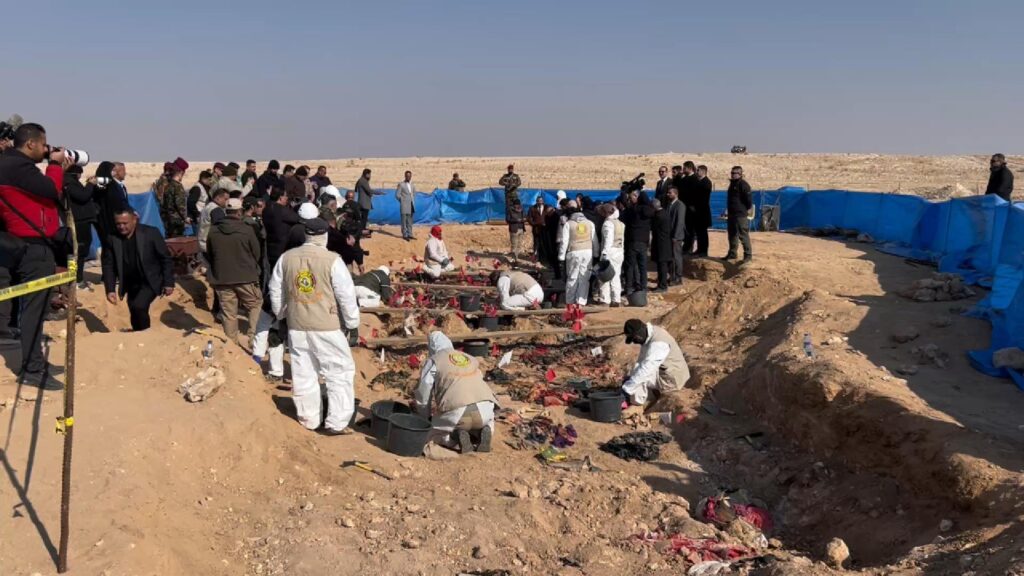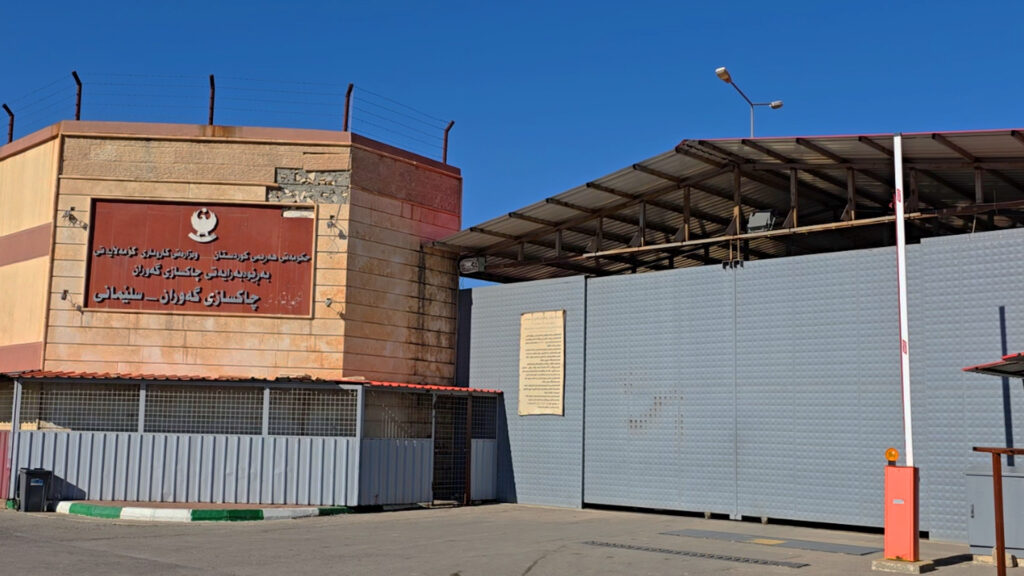My Visit to the National Museum of African-American History and Culture

Ardishir Rashidi-Kalhur | Exclusive to Ekurd.net
A few months ago, I visited the National Museum of African-American History and Culture, located on the National Mall in Washington DC. The entire building was several stories high, and its lower levels were rooted underground. From its upper levels one could see other impressive landscapes and storied architectural monuments in the DC area surrounding the various Capitol buildings.
My wife Wendy and I started from the basement. We soon found ourselves terrified and almost coming to tears. It was truly horrific to see and to read the stories about slavery in America, and what has been done. They were events both mind-numbingly sad and unspeakably inhumane. It made us wonder about the people of today.
Are we any better than the ones who inflicted such deep pain and unimaginable suffering on other people in times past? These stories of cruelty, whether they are told by Africans, Jewish people, Armenians, Kurds, the Fars, the Afghans, the Cambodians or Palestinians, are in one respect, all the same. They speak of the unacceptable injustices; done by humans, to humans. Brave men and women like Frederick Douglas or Anne Frank, were conscientiously aware and responsible writers who wrote touchingly about their personal stories and persecutions experienced. These are heroes of our past; beacons of humanity reminding us again, these practices were not only not normal, but grossly inhumane at their very core, and must be rallied against by conscientious individuals in every generation.
As I made my way up to the higher floors, I began thinking that I had left the era of slavery behind; thank goodness! It was here I saw the genius works of the architect who had crafted intricate, and interconnected galleries of spaces for displaying the rich African American culture, artwork, and their many valuable contributions to the fields of science, art, literature, and of course, music. It was an inspiring experience to see the pride and exuberance flashing in the eyes of the young African-American visitors, and equally so in the eyes of other Americans there. I saw people marvel from all walks of life as they saw the magnificent posters on display of our many African-American Icons. My favorite person there, standing tall of course, was Dr. Martin Luther King. And yes, of course, the ‘Yes We Can’ leader, Barack Hussein Obama.
After leaving, I couldn’t help but reflect on my powerful, and thought inspiring visit to the National Museum of African-American History and Culture. In many ways it was a reminder of the many tragedies we’ve all experienced in our Kurdish lives, both collectively and individually, and these were, in many ways, like the experiences by the African-Americans, or other Jews, or many other oppressed cultures from the past. But, I also reminded myself, that, thankfully, we have never been subjected to being an enslaved people. As a matter of fact, as our national anthem says that we are the descendants of Kay-Khoy-Sraw (Kaiser), the liberator, who wisely built fire temples to worship and uphold good virtues, and taught us moral codes of conduct to think well, to speak well, and to do well.
We passed on our culture to others, who in time chose to try and steal this from us, claiming it as their own! We taught them how to read and write, and even to worship with music to enrich our human souls. History shows we have never been the aggressors, played the invader, been the occupiers, and yet we stand, where we have always stood, for thousands of years, like a sequoia tree, withstanding the ever-present scourge of war, and countless occupations over the centuries by many would be invaders. It gives us new hope and spiritual strength to renew these values in our mind, living them out in our daily lives.
These values are a critical prerequisite to the empowerment and creation of a new and free Kurdistan, a Kurdistan that is healthy, progressive, sustainable, looks to the future, and gives hope to all its future generations. Let us not forget the past, but also, let us be mindful not to dwell there in the dark underground of inhumanity. The tragic and sorrowful side is only one half of life’s story, there is also joy and hope and love.
So, let us to go forward, from here right now, with renewed optimism and a fresh exuberance for our lives, lovingly found, moment by moment. As a footnote: In the past, KAES has been willing to allocate a budget for those who are interested in collecting and publishing anthologies of Kurdish life in diaspora (a collection of short stories about the lives of Kurds and their stories of coming to America). Anyone interested in working on a project like this, please contact KAES to discuss details. The goal of writing such a book is to inform, inspire and uplift the future generations seeking their meaning from life.
Ardishir Rashidi-Kalhur, the President of Kurdish American Education Society, Los Angeles, U.S.
The opinions are those of the writer and do not necessarily represent the views of Ekurd.net or its editors.
Copyright © 2020 Ekurd.net. All rights reserved
Comments


